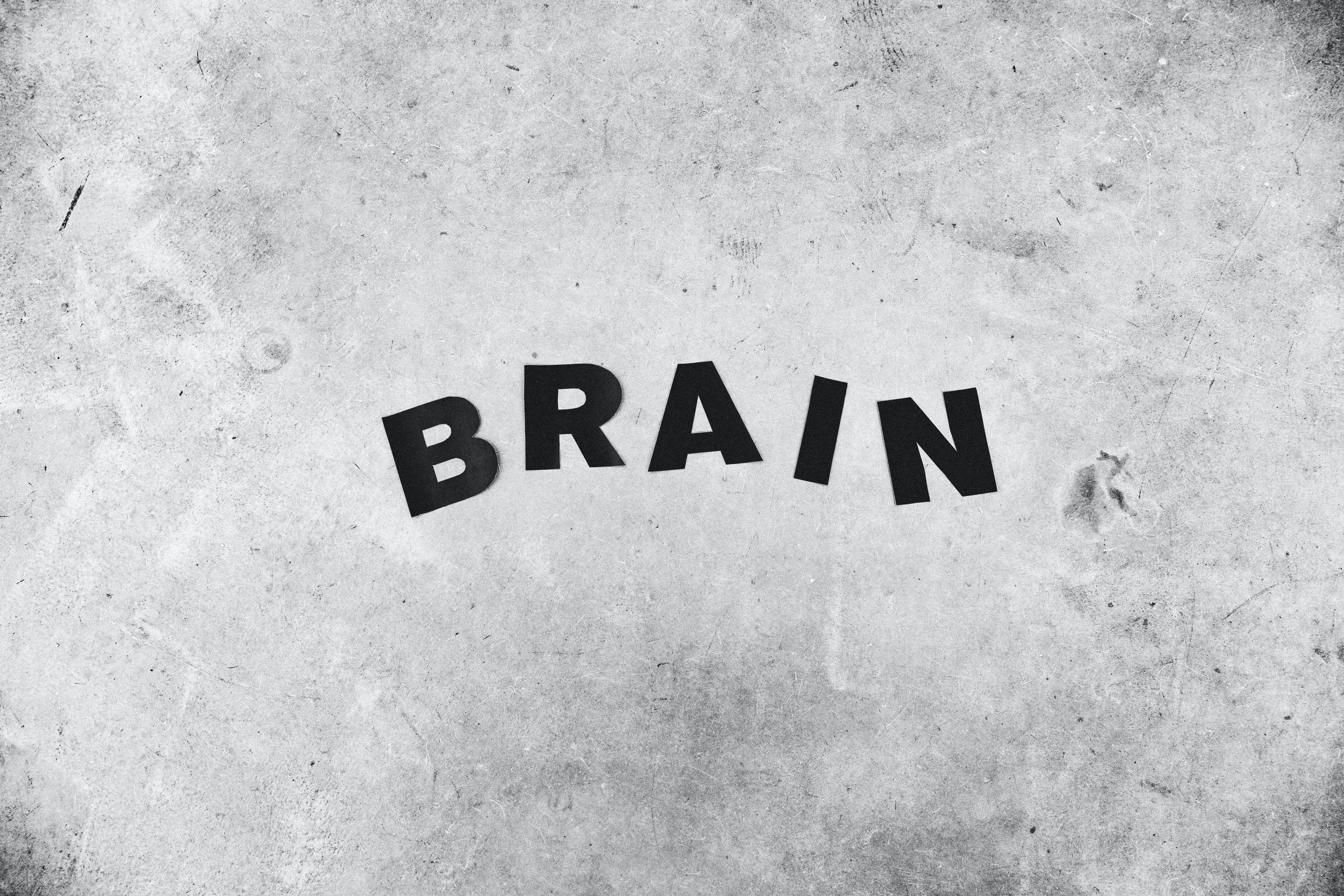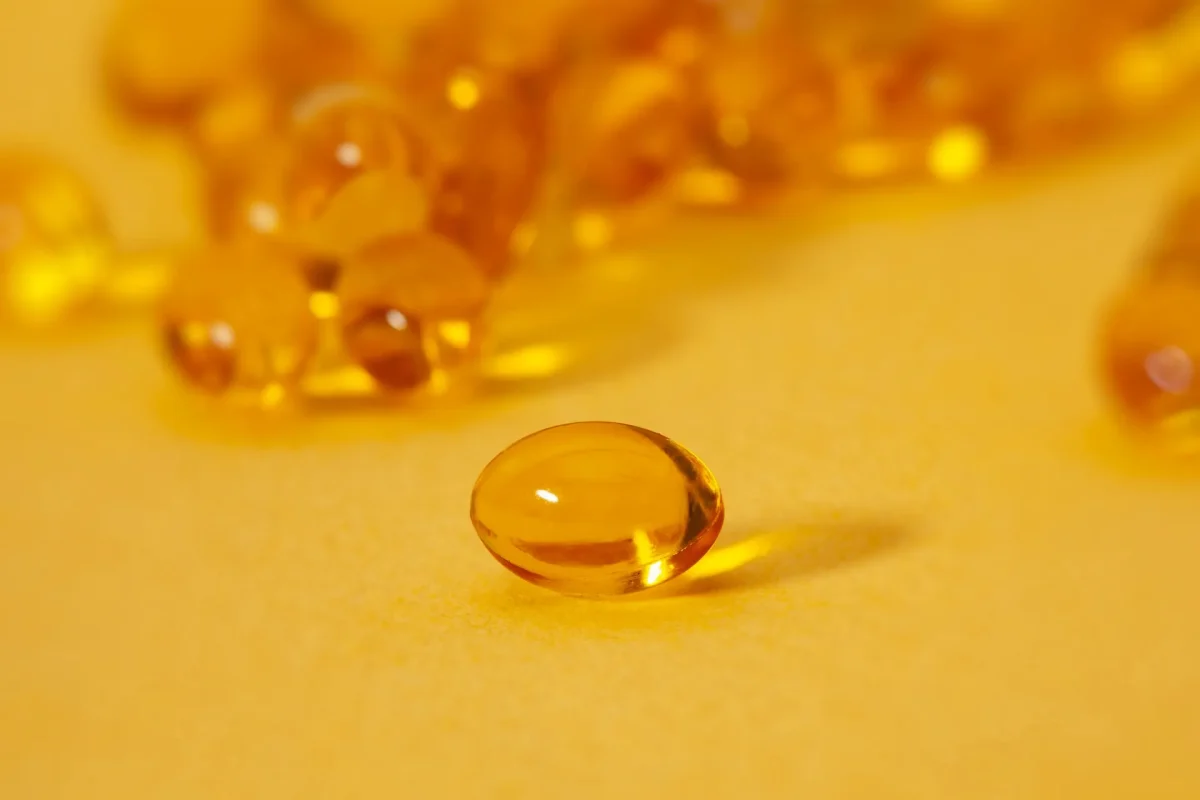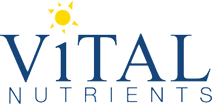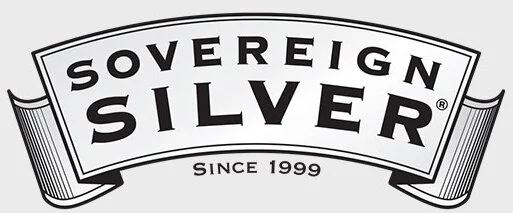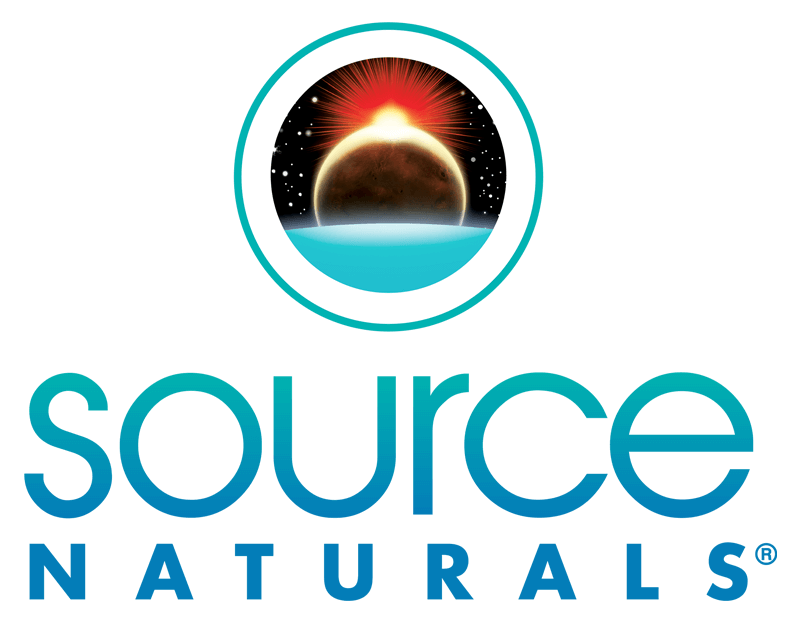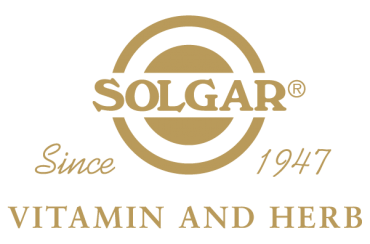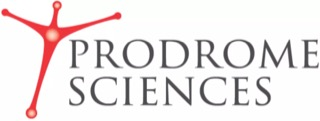Nootropic Supplements: Unveiling the Cognitive Enhancers
In the pursuit of enhanced cognitive function and mental acuity, nootropic supplements have gained significant attention in recent years. These substances, often referred to as “smart drugs,” claim to improve cognitive abilities, memory, creativity, and overall brain function. Let’s delve into the origins of nootropics, the science behind them, potential negative repercussions, and considerations for those who should exercise caution.
Origins of Nootropics
Nootropics, a term coined by Romanian psychologist and chemist Dr. Corneliu E. Giurgea in the 1970s, are substances that enhance cognitive function without causing sedation or stimulation. The idea behind nootropics was to develop compounds that could positively impact the brain’s abilities without significant side effects.
How Nootropics Came About
The development of nootropics stemmed from a desire to find substances that could enhance cognitive function safely. The first recognized nootropic was Piracetam, created by Dr. Giurgea. Since then, numerous other compounds, both natural and synthetic, have been explored for their potential cognitive benefits.
The Science Behind Nootropics
Nootropics work through various mechanisms, including enhancing neurotransmitter activity, improving cerebral blood flow, and promoting neuroplasticity. Some common ingredients in nootropic supplements include racetams, choline sources, amino acids, and herbal extracts. Research on the effectiveness of nootropics is ongoing, with studies examining their impact on memory, focus, and overall cognitive performance.
Top 5 Vitamins in Nootropics
Vitamin B6 (Pyridoxine):
Essential for neurotransmitter synthesis, including serotonin, dopamine, and GABA.
Supports cognitive development and function.
Vitamin B9 (Folate or Folic Acid):
Plays a role in DNA synthesis and repair.
Important for cognitive function and mental health.
Vitamin B12 (Cobalamin):
Crucial for nerve function and the formation of red blood cells.
Supports memory and concentration.
Vitamin D:
Linked to cognitive function and mood regulation.
Plays a role in neuroprotection and brain health.
Vitamin C (Ascorbic Acid):
Antioxidant properties protect the brain from oxidative stress.
Supports the synthesis of neurotransmitters.
Common Herbs in Nootropic Supplements
Ginkgo Biloba:
Enhances blood flow to the brain.
Antioxidant properties may protect against age-related cognitive decline.
Bacopa Monnieri:
Supports memory and cognitive function.
Adaptogenic herb with anti-anxiety properties.
Rhodiola Rosea:
Adaptogenic herb known for reducing fatigue and enhancing mental performance.
May improve focus and concentration.
Panax Ginseng:
Traditional herb with potential cognitive benefits.
Adaptogenic properties and antioxidant effects.
Lion’s Mane Mushroom (Hericium erinaceus):
Contains compounds that may stimulate nerve growth factor (NGF) production.
Supports cognitive function and nerve regeneration.
Possible Negative Repercussions
While many users report positive effects, it’s crucial to acknowledge the potential negative repercussions associated with nootropic use. Adverse effects may include insomnia, anxiety, gastrointestinal issues, and, in some cases, dependency. Additionally, the long-term safety of some nootropics remains uncertain, as research is still evolving in this field.
Who Should Stay Away from Nootropics
Individuals with pre-existing health conditions, pregnant or breastfeeding women, and those taking medications should exercise caution before using nootropics. It is advisable to consult with a healthcare professional before incorporating these supplements into one’s routine, especially for individuals with cardiovascular issues, mental health conditions, or allergies to specific ingredients.
Nootropic supplements offer an intriguing avenue for individuals seeking cognitive enhancement, but it’s essential to approach them with caution. While some users may experience benefits, potential negative repercussions and uncertainties regarding long-term effects warrant careful consideration. Before embarking on a nootropic regimen, individuals should consult with healthcare professionals to ensure safety and appropriateness based on individual health conditions.
Remember, a holistic approach to brain health, including proper nutrition, regular exercise, and adequate sleep, remains fundamental in promoting cognitive well-being.
We hope you found the information provided by Thera-Mineral valuable and insightful. At Thera-Mineral, we are dedicated to offering high-quality supplements to support your health and well-being.
If you have any further questions, need additional information, or would like to explore our range of supplements, please don’t hesitate to reach out. You can contact us at our office located at 25216 Grogan’s Park Dr. Suite A, The Woodlands, TX 77380. Our friendly team is ready to assist you by phone at 855-472-2569 or via email at support@theramineral.com.
For your convenience, most supplements are available on our website, theramineral.com. However, if you don’t find a specific product on the site, our dedicated staff can help you place an order, and we’ll ensure it’s delivered to your place of choice.
We appreciate your trust in Thera-Mineral, and we look forward to being a reliable partner on your journey to optimal health. Thank you again for being part of our community!


